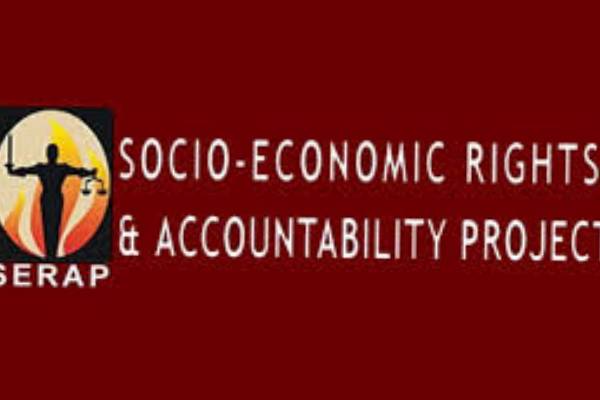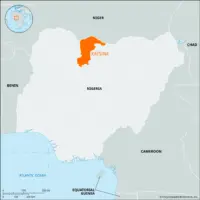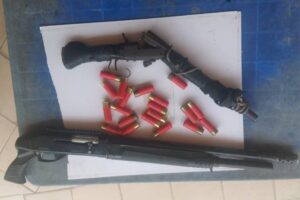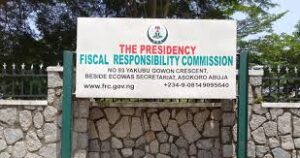The Socio-Economic Rights and Accountability Project (SERAP) and four concerned Nigerians have filed a suit against President Bola Tinubu before the ECOWAS Community Court of Justice in Abuja, over the federal government’s failure to publish the forensic audit report on the Niger Delta Development Commission (NDDC).
In a statement issued by its Deputy Director, Kolawole Oluwadare, SERAP accused the Tinubu administration of shielding high-ranking officials and politicians implicated in the alleged mismanagement of N6 trillion allocated to the NDDC between 2001 and 2019.
The four co-plaintiffs in the suit are Prince Taiwo Aiyedatiwa, Chief Jude Igbogifurotogu Pulemote, Ben Omietimi Tariye, and Princess Elizabeth Egbe. They are represented by lawyers Kolawole Oluwadare, Kehinde Oyewumi, and Andrew Nwankwo.
The suit, filed on 12 July and marked ECW/CCJ/APP/35/25, seeks a declaration that the government’s refusal to publish the audit report constitutes a violation of Nigeria’s international human rights obligations, particularly the right to information and accountability.
Former President Muhammadu Buhari had ordered the forensic audit in 2019 in response to widespread allegations of corruption within the commission. Despite the report being submitted, the government has yet to release its findings.
In a recent interview, Minister of the Federal Capital Territory, Nyesom Wike, cited the audit report and accused Dame Judith Amaechi, wife of former Rivers State Governor Rotimi Amaechi, of receiving N4 billion for training Niger Delta women through a shell company. He called on President Tinubu to make the report public.
SERAP and the plaintiffs are asking the ECOWAS Court to order the Nigerian government to publish the full forensic report and to implement measures that ensure transparency and accountability in the NDDC’s finances.
“The failure to publish the report continues to deny citizens their right to know and enables a culture of impunity,” the suit stated. “There is an overriding public interest in disclosure. The information is not classified for national security reasons but relates to public accountability and human rights.”
The plaintiffs argue that access to the report is protected under Article 9 of the African Charter on Human and Peoples’ Rights and Article 19 of the International Covenant on Civil and Political Rights—both of which Nigeria has ratified.
They further contend that the government’s silence on the reasons for withholding the report undermines the rule of law and the public’s ability to participate meaningfully in democratic governance.
The case is pending before the regional court in Abuja.





